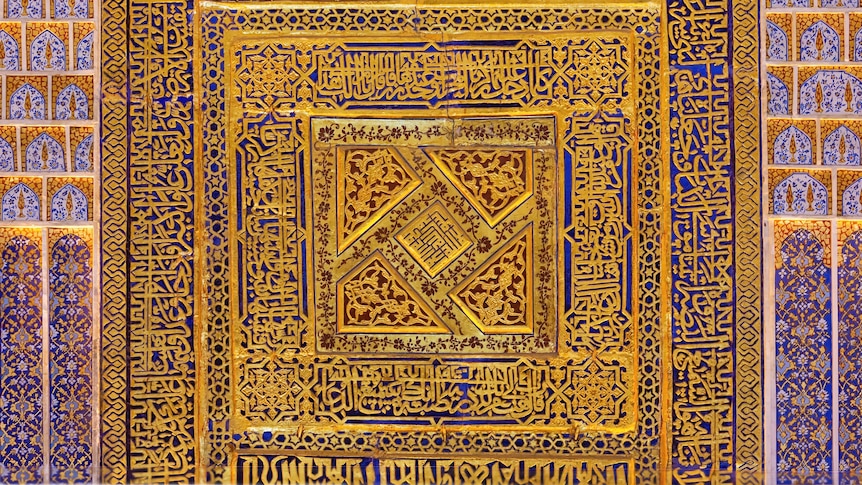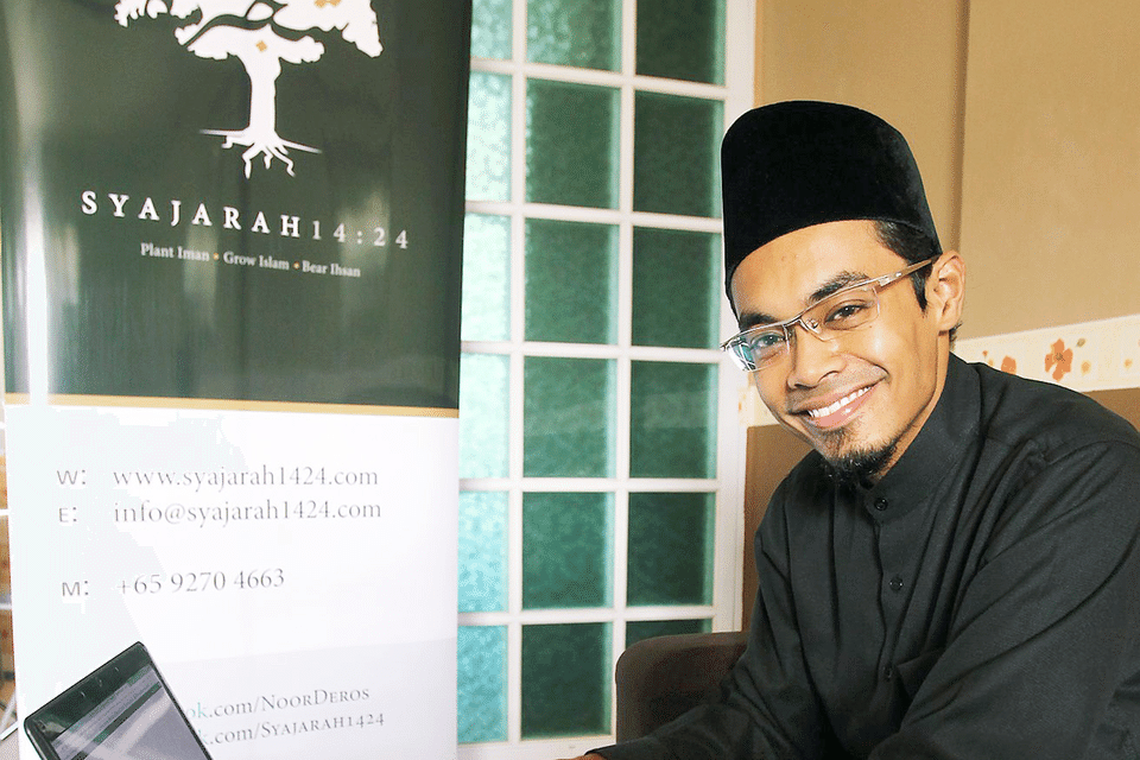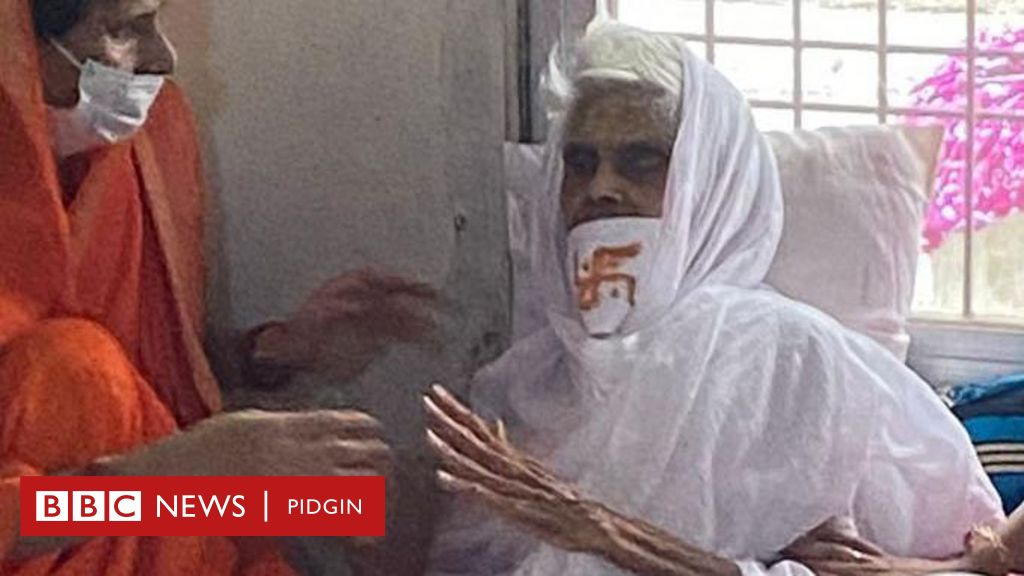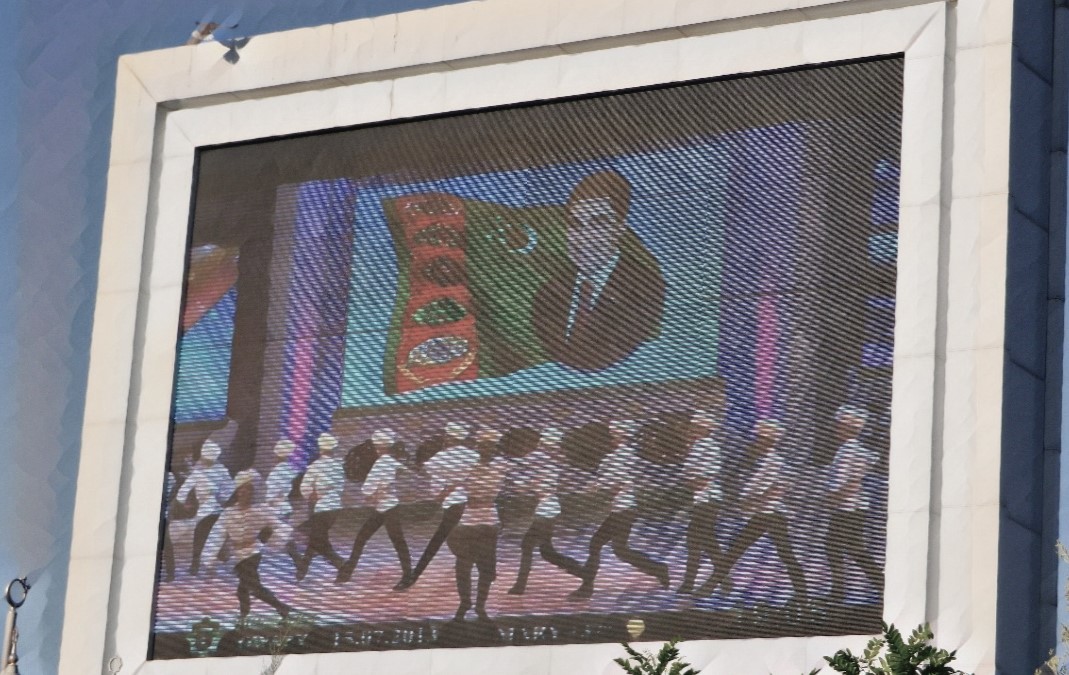Between Extremes: Reclaiming the Heart of Muslim Identity
Religion
2025-03-19 10:26:46Content

The conversation about Islam has long been trapped in a suffocating narrative, squeezed between the sensationalist rhetoric of Islamophobes and the rigid interpretations of religious fundamentalists. It's time to break free from these limiting perspectives and explore the nuanced, vibrant reality of Muslim identity.
Islam is far more than the stereotypical images that dominate media headlines. It is a rich, complex tradition encompassing diverse cultures, perspectives, and lived experiences. By moving beyond simplistic characterizations, we can uncover the profound depth and intellectual sophistication of Islamic thought and practice.
True understanding requires genuine curiosity and openness. We must listen to Muslim voices from different backgrounds, recognize the multiplicity of interpretations within Islamic traditions, and appreciate the ways faith intersects with individual and collective experiences of culture, history, and personal growth.
Embracing this more holistic view doesn't mean overlooking challenges or complexities. Instead, it means approaching Islam with empathy, intellectual humility, and a genuine desire to learn. By doing so, we can transform divisive dialogues into opportunities for mutual understanding and respect.
The Islamic tradition is a tapestry of wisdom, creativity, and spiritual insight—far richer and more nuanced than any narrow stereotype could ever capture.
Unveiling the Mosaic of Muslim Identity: Beyond Stereotypes and Misconceptions
In an era of global interconnectedness, the narrative surrounding Islam demands a profound reevaluation. The complex tapestry of Muslim identity has long been obscured by reductive narratives, sensationalist media portrayals, and entrenched ideological perspectives that fail to capture the nuanced reality of a diverse and dynamic religious tradition.Challenging Narratives, Embracing Understanding
The Complexity of Religious Identity
Muslim identity represents a multifaceted prism of cultural, social, and spiritual experiences that transcend simplistic categorizations. Unlike monolithic representations propagated by media and political discourse, Islamic traditions encompass a rich spectrum of interpretations, philosophical traditions, and lived experiences. Scholars and anthropologists have long argued that religious identity is not a static construct but a dynamic, evolving narrative shaped by historical, geographical, and personal contexts. The contemporary Muslim experience is characterized by profound diversity, challenging the homogeneous stereotypes that have dominated public discourse. From the vibrant intellectual traditions of Islamic scholarship to the nuanced cultural expressions across different regions, Muslim communities demonstrate remarkable complexity and adaptability.Deconstructing Islamophobic Narratives
Islamophobic rhetoric often relies on reductive and inflammatory narratives that deliberately misrepresent the fundamental principles of Islamic faith. These narratives systematically strip away the humanity and individual agency of Muslim communities, presenting them as monolithic and inherently antagonistic to progressive values. Critical analysis reveals that such perspectives are fundamentally rooted in historical misunderstandings, colonial legacies, and deliberate misinformation campaigns. By perpetuating fear and misunderstanding, these narratives not only marginalize Muslim communities but also obstruct meaningful intercultural dialogue and mutual understanding.The Intellectual Richness of Islamic Thought
Islamic intellectual traditions have historically been repositories of profound philosophical, scientific, and cultural innovations. During the Islamic Golden Age, Muslim scholars made groundbreaking contributions to mathematics, astronomy, medicine, and philosophy, challenging contemporary narratives that portray Islamic cultures as inherently regressive. Contemporary Muslim intellectuals continue to engage with complex theological, social, and ethical questions, demonstrating a commitment to critical thinking and progressive interpretation. These scholars represent a dynamic intellectual tradition that emphasizes reason, compassion, and contextual understanding.Navigating Cultural Intersectionality
Muslim identity is not a monolithic experience but a complex intersection of cultural, ethnic, and personal narratives. Individual Muslims navigate multiple identities, challenging simplistic binary representations of religious belonging. From diaspora communities to indigenous Muslim populations, these experiences reflect the profound diversity within Islamic traditions. The contemporary Muslim experience is characterized by negotiation, adaptation, and continuous reimagination of cultural and religious identities. This dynamic process challenges essentialist narratives and highlights the agency of individual believers in shaping their spiritual and cultural experiences.Towards Inclusive Dialogue
Meaningful engagement with Muslim communities requires a commitment to nuanced understanding, empathy, and genuine dialogue. By moving beyond stereotypical representations, society can recognize the rich complexity of Muslim experiences and foster genuine intercultural understanding. This approach demands active listening, critical self-reflection, and a willingness to challenge preconceived notions. Only through genuine dialogue can we dismantle the barriers of misunderstanding and create spaces for mutual respect and collaborative understanding.RELATED NEWS
Religion

Holy Week Hustle: Pastor Navigates Dual Congregations in Spiritual Marathon
2025-04-11 09:30:00
Religion

Faith in the Classroom: How Fort Bend Schools Embrace Religious Dialogue
2025-03-20 11:00:00
Religion

Divisive Rhetoric: Noor Deros and the Dangerous Intersection of Identity Politics
2025-04-26 05:29:56





